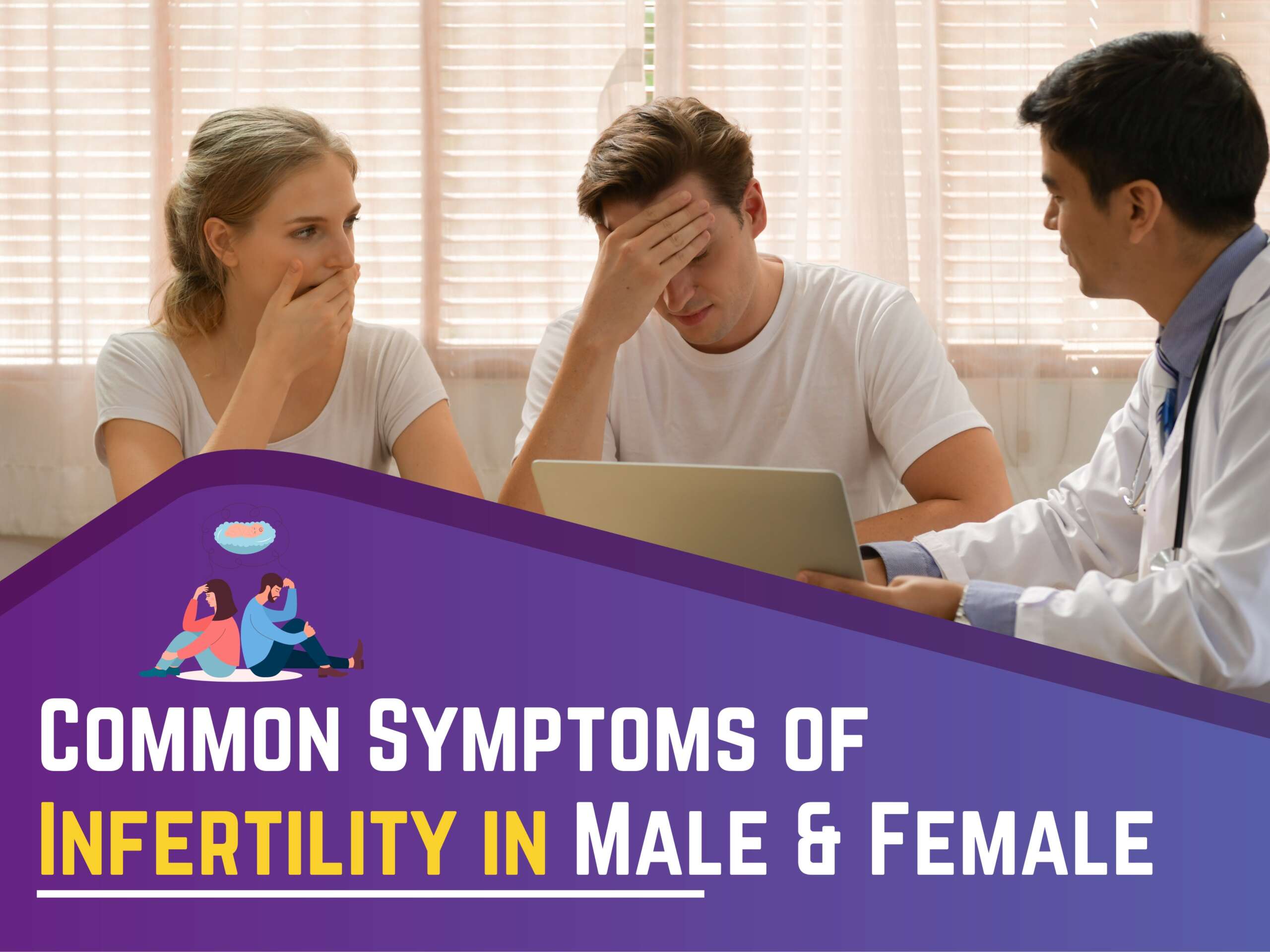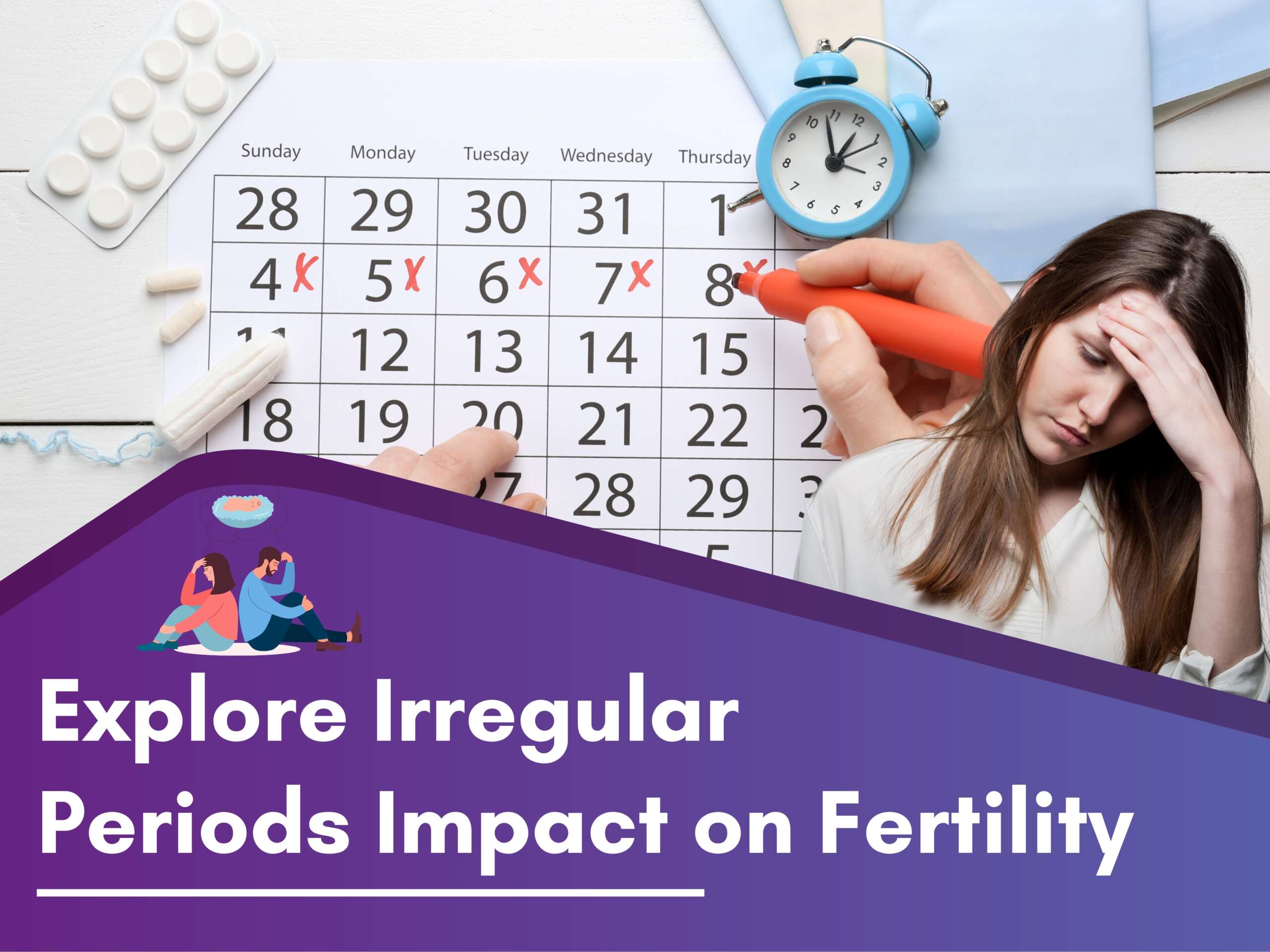What is IUI | How Does IUI Work | Benefits, Indications & Factors Affecting IUI
In the journey towards parenthood, assisted reproductive technologies play a pivotal role in overcoming fertility challenges. Intriguingly nestled within this realm is Intrauterine Insemination (IUI), a procedure designed to enhance the chances of conception. IUI involves the carefully timed introduction of processed and concentrated sperm directly into the uterus, minimising the distance sperm must travel to meet the awaiting egg.
This method is particularly beneficial for couples facing difficulties in achieving pregnancy due to factors such as low sperm count or cervical issues. As we delve into the intricacies of IUI, we explore the science behind this assisted reproductive technique, shedding light on its process and the hope it offers to those navigating the delicate path of fertility.
What is IUI?
Intrauterine Insemination (IUI) is a minimally invasive fertility treatment that gives couples facing conception challenges a helping hand. Imagine it like sending a VIP escort team of healthy sperm straight to the egg's doorstep inside the uterus, bypassing potential roadblocks like thick cervical mucus or sluggish sperm. This boosts the chances of fertilisation, offering a less invasive and often more affordable option than other techniques like IVF. Think of it as a natural nudge in the right direction for lovebirds on their journey to parenthood!
How Does IUI Work?
IUI, or Intrauterine Insemination, helps sperm get closer to an egg during ovulation, increasing the chances of fertilisation. Here's how it works:
Pre-procedure:
- Ovulation Tracking: Your doctor will likely track your menstrual cycle using ovulation tests or ultrasound to pinpoint the precise ovulation day.
- Sperm Preparation: Sperm, be it from your partner or a donor, is collected and processed in a lab. This removes dead or sluggish sperm, concentrating active, healthy ones.
- Medication: Sometimes, medication might be prescribed to trigger ovulation or regulate your cycle.
IUI Procedure:
- Cervical Positioning: You lie comfortably on an examination table. A speculum is inserted to open your vagina and visualise the cervix.
- Catheter Insertion: A thin, flexible catheter is gently inserted through the cervix and into the uterus.
- Sperm Placement: The prepared sperm is gently injected into the uterus through the catheter using a syringe.
- Removal: The catheter is carefully removed.
The Journey and Potential Results:
- Sperm Travels: The healthy sperm, now closer to the egg in the fallopian tubes, have a shorter and easier journey to reach and fertilise it.
- Possible Fertilisation: If fertilisation occurs, the fertilised egg travels down the fallopian tubes and implants in the uterine lining, leading to pregnancy.
- Multiple Cycles: IUI is often done for several cycles to increase the cumulative chance of success.
Additional Points:
- The entire IUI procedure takes about 10-15 minutes and is generally not painful.
- Success rates vary depending on factors like age, underlying fertility issues, and sperm quality, but typically range from 10-20% per cycle.
- IUI is often recommended for couples with mild fertility problems like cervical mucus issues, unexplained infertility, or low sperm count.
Benefits of IUI :
- High success rate for mild infertility: Increases chances of fertilisation compared to natural conception.
- Less invasive and more natural: No surgery or major hormonal manipulation.
- Multiple cycles: Cumulative chance of success increases with each attempt.
- Stepping stone: Diagnostic tool and potential bridge to IVF if needed.
Indications of IUI
- Unexplained infertility: When no clear cause for infertility is found.
- Cervical mucus issues: Thick or hostile mucus hinders sperm reaching the egg.
- Mild male factor infertility: Low sperm count, motility, or morphology.
- Ovulation induction: To optimise timing for sperm placement near the egg.
- Donor sperm: For same-sex couples, single women, or genetic considerations.
Factors Affecting Success:
- Age: Pregnancy rates decline with increasing female age.
- Underlying fertility issues: Severity of the infertility problem impacts results.
- Sperm quality: Sperm count, motility, and morphology influence success.
- Number of IUI cycles: Cumulative chance of success increases with more cycles.
- Lifestyle factors: Smoking, weight, and overall health play a role.
Remember:
Consult a fertility specialist to determine if IUI is right for you and discuss individual factors affecting its success.







